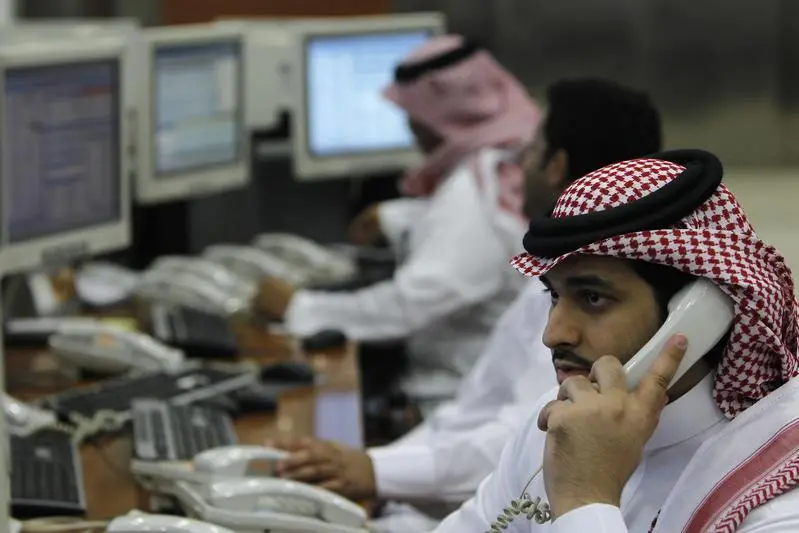PHOTO
Shareholders of Saudi Arabia’s Abdullah Abdul Mohsin Al Khodari Sons Company (Al Khodari) approved a capital restructuring, which could help the company to move away from the harsh times it has gone through the last couple of years.
Al Khodari announced to the exchange on Thursday that its shareholders had approved a capital restructuring at an emergency general meeting held to deal with the company's losses. In a note to the exchange last month, the company said its accumulated losses had reached over 1.1 billion Saudi riyals ($293.3 million), equivalent to 198.52 percent of its share capital.
Shareholders voted to allow the company to continue trading and to approva a restructuring that will involve a capital reduction to reduce losses and a capital increase, with a view to bringing losses back below half of its paid-up capital.
Al Khodari’s shares were trading 10 percent higher on Thursday by 13:42 GST, outperforming all the other stocks on Tadawul.
“Al Khodari has gone through harsh times marked by a lack of liquidity and a stalled activity,” Selima Mrabet, a financial analyst with Tunisia-based Alphamena, said in a note.
Despite today’s sharp rise, the company’s stock has dropped 30.44 percent so far since the start of the year . Al Khodari’s shares have also dropped 28.27 percent in 2018 and 28.83 percent in 2017.
“Al Khodari’s balance sheet structure is constantly deteriorating as debts (have) weighed down the contractor’s balance sheet,” she said.
The company announced a net loss of 36.54 million Saudi riyals ($9.74 million) for the nine months period ending on September 31, 2018, compared to a net loss of 28.16 million riyals for the first nine months of 2017.
Mrabet added that another weak point the contractor is struggling with is cash generation. “The deterioration in the group’s profitability, coupled with huge working capital requirements (i.e. almost at the same high level of 2013, at SAR1.5bn), did not help the company rebound.”
Al Khodari expanded during boom years in the Saudi construction market in 2011-13, but like many construction firms in the kingdom it suffered as a result of the Saudi government halting payments to contractors and either delaying or cancelling contracts in 2014 as oil prices slid. The firm's note on its finances last month said its workforce reached a peak of 22,000 employees, but in the three years between 2015-18 it subsequently laid off 15,000 staff and sold more than 1,000 vehicles and pieces of equipment as it struggled for cash.
(Reporting by Gerard Aoun; Editing by Michael Fahy)
Our Standards: The Thomson Reuters Trust Principles
Disclaimer: This article is provided for informational purposes only. The content does not provide tax, legal or investment advice or opinion regarding the suitability, value or profitability of any particular security, portfolio or investment strategy. Read our full disclaimer policy here.
© ZAWYA 2019





















